3rd BRICS ICC to discuss challenges in competition enforcement
Updated: Nov 19, 2013 06:10:36pm

The conference is organized biennially by one of the BRICS competition authorities on behalf of the all the BRICS competition authorities. Competition Authorities of BRICS countries decided to organize the conference, as part of their meeting under the BRICS platform, each country playing as a host in turn.
Third BRICS ICC
The third BRICS International Competition Conference is being held at New Delhi during November 21-22, 2013. The conference is being organised by Competition Commission of India (CCI) on behalf of BRICS countries in pursuance of the Beijing Consensus, New Delhi Declaration and Action Plan adopted at Fourth BRICS Leaders Summit in New Delhi on March 29, 2012. The theme of the 3rd BRICS ICC is “Competition Enforcement in BRICS Countries: Issues and Challenges”.
The objective of the conference is to discuss various issues and challenges in competition enforcement in BRICS countries and take the agenda of cooperation among the BRICS competition authorities forward from the earlier two conferences. During the two day conference, discussions would focus on issues and challenges in setting up an affective agency, enforcement vis-à-vis state owned enterprises, public procurement and creation of competition culture. A separate session has been provided for experience sharing by mature jurisdictions on the subject of role of Competition regulation in innovation and economic development. In the last session, it is proposed to discuss how to transform our cooperation from ideas into action.
Competition Architecture in BRICS
BRICS countries do have several similarities in their trade practices and competition challenges in their domestic jurisdictions. Starting from different backgrounds, they have made remarkable progress in putting in place effective competition regimes and are attempting to develop their own local competition culture. India and China have relatively new competition law and are quite young jurisdictions. Brazil, Russia and South Africa have accomplished significant periodic legislative upgrades to their original enabling legislations. Broadly, now, all the BRICS countries have modern competition regimes. All of them have adopted tough anti-cartel measures within a short time and all have adopted leniency progammes. All of them are rigorously enforcing merger control provisions. They all have unilateral conduct provisions. Origins and structures of BRICS competition authorities are briefly highlighted below:
BRAZIL
In 1994, a new law established a Brazilian Competition Policy System (BCPS) consisting of three agencies: a re-configured Administrative Council for Economic Defence (CADE, the Economic Law Office (SDE) in the Ministry of Justice, and the Secretariat for Economic Monitoring (SEAE) in the Ministry of Finance. In October 2011, the Brazilian Congress approved a new antitrust and unfair competition law, which came into effect on May 29, 2012. The Brazilian Competition System went through a major restructuring in 2012. In line with international best practices, new competition architecture in Brazil has moved from an intricate three-agency structure to a single autonomous body to reduce overlapping functions, accelerate merger review, and to fortify legal certainty and contributed to modernization of Brazil’s competition law enforcement system.
RUSSIA
The modern stage of development of the Russian competition legislation began with the law “On Protection of Competition”, i.e. Federal Law №135-FZ of July, 2006. In 2009, the competition legislation was further reformed with the “second anti-monopoly package” focusing on anti-cartel enforcement. The most recent amendments to the Competition Law known as “third anti-monopoly package” came into force in January 2012. Federal Antimonopoly Service (FAS) is the authorized federal executive body responsible for enforcement of the Russian Federal Law on Competition. Merger control is done through competition law and most of the procedural issues are regulated by the decrees and guidelines of the FAS.
INDIA
India was one of the first developing countries to have a competition law in the form of the Monopolies and Restrictive Trade Practices (MRTP) Act, 1969. With the advent of economic reforms in 1991, the law was found inadequate for fostering competition in markets. Hence, The Competition Act, 2002 (the Act hereinafter) was enacted by the Parliament of India to establish the new competition regime in India. The law was amended in 2007. CCI was established as a statutory authority to enforce the provisions of the Act in India. The Monopolies and Restrictive Trade Practices Act, 1969, was repealed. CCI comprises of chairperson and six members, who are appointed by the Government of India. The day-to-day affairs of CCI are coordinated by a secretariat headed by the Secretary. The investigation arm of CCI is called the office of Director General who investigates contravention of the provisions of the Act on direction of the Commission. Organizational structure of CCI comprises of various divisions: Advocacy, Anti-trust, Capacity Building, Combination, Economic, Investigation, Legal and Administration and coordination. The divisions are manned by highly qualified cadre of professionals.
Under the Act, CCI is mandated to eliminate practices having adverse effect on competition, to promote and sustain competition in markets, to protect the interests of consumers and to ensure freedom of trade carried on by other participants in markets in India. CCI has powers to investigate and levy heavy penalties under the Act. CCI has set for itself a vision to promote and sustain an enabling competition culture through engagement and enforcement that would inspire businesses to be fair, competitive and innovative; enhance consumer welfare; and support economic growth.
CHINA
China’s Antimonopoly Law, or AML, came into effect in August, 2008. In order to ensure the effective implementation of the AML, the State Council established the Anti-Monopoly Commission, which is responsible for organising, coordinating and guiding anti-monopoly efforts in China. There are three main government players, who play roles in competition enforcement in China. These are: the Ministry of Commerce (MOFCOM), the State Administration of Industry and Commerce (SAIC) and the National Development and Reform Commission (NDRC). Each of these government bodies now houses an AML enforcement department.
SOUTH AFRICA
A modern law, the Competition Act, 1998 came into effect in 1999. This law fundamentally reformed the country's competition legislation substantially strengthening the powers of the competition authorities as per best international practices. The power of decision was taken away from the Minister and given to an independent Competition Tribunal. The Competition Act was amended in 2000, in part to clarify the relationship between general competition law and other regulatory bodies.
The Competition Act sets up three institutions, to be directly involved in its application:
a) Competition Commission
b) Competition Tribunal
c) Competition Appeal Court
The Department of Economic Development guides the work of the Competition Commission and the Competition Tribunal.
BRICS Competition Authorities: Way Ahead
BRICS competition authorities play a very significant role in their jurisdictions in preventing and curbing anticompetitive practices, ensuring fair competition, protecting the interest of consumers, and promoting economic development of domestic economies. Given many factors of similarity amongst the BRICS economies, closer cooperative ties amongst the BRICS competition authorities would help build synergies in the area of competition law and policy. Further, BRICS competition authorities represent issues and concerns of competition authorities of the emerging economies. This implies that BRICS competition authorities should cooperate and collaborate proactively on niche areas of competition enforcement. The cooperation output of BRICS competition authorities may be considered, adopted or replicated by competition authorities of other emerging economies in their national jurisdictions. BRICS competition authorities may bridge the gap between mature competition authorities and the nascent ones in the world of competition enforcement.
Time has come, when BRICS competition authorities may identify mutually beneficial areas of cooperation and start action to benefit from this platform. In the Second conference, “the idea of a BRICS memorandum of understanding of the competition authorities was discussed. It is desirable that this idea is conceived, nurtured and delivered as part of future BRICS cooperation. The platform of biennial competition conference appears to be apt platform for cooperation amongst BRICS competition authorities and may be utilized appropriately to derive benefits of BRICS cooperation.
The 3rd BRICS International Competition Conference is expected to provide opportunity for wide ranging discussions among the representatives from the BRICS countries as well as from other enforcement agencies, multilateral institutions, and academia and civil society institutions. (PIB/KNN)

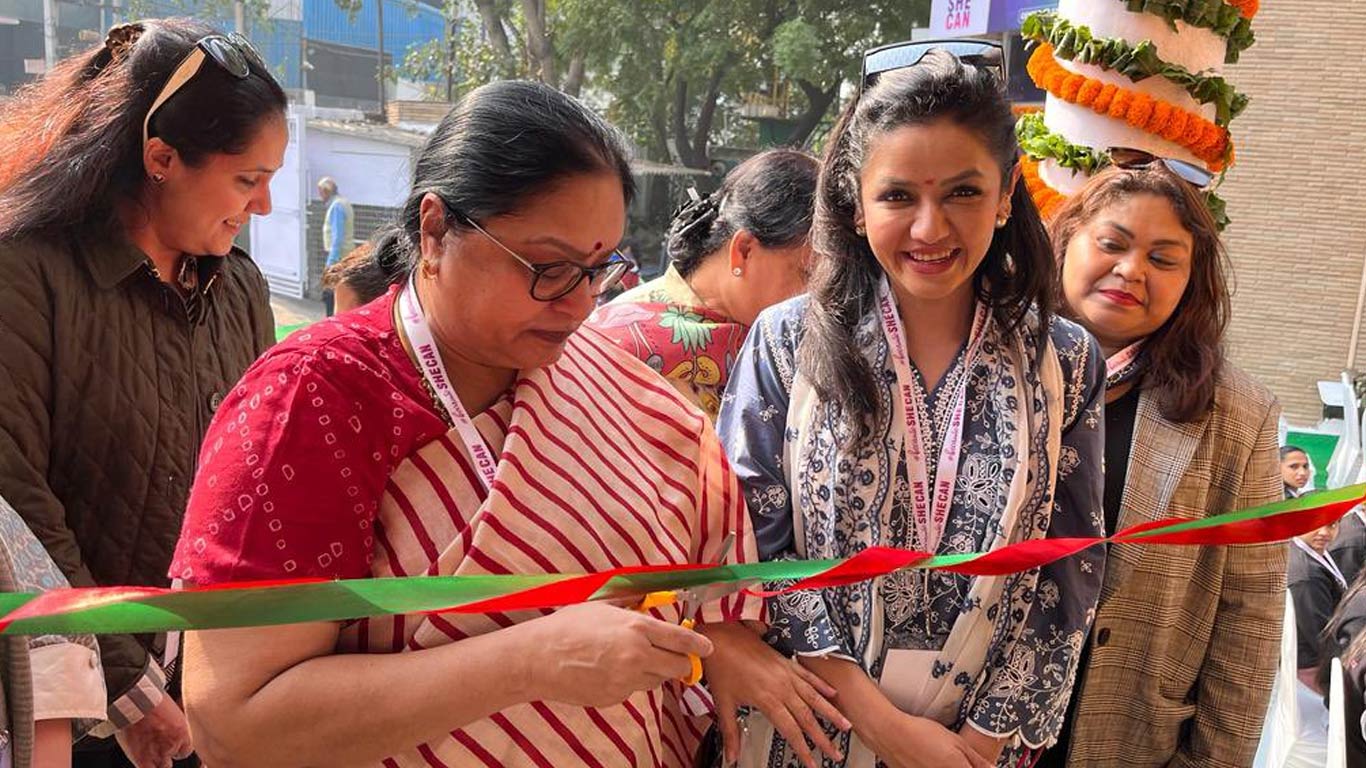
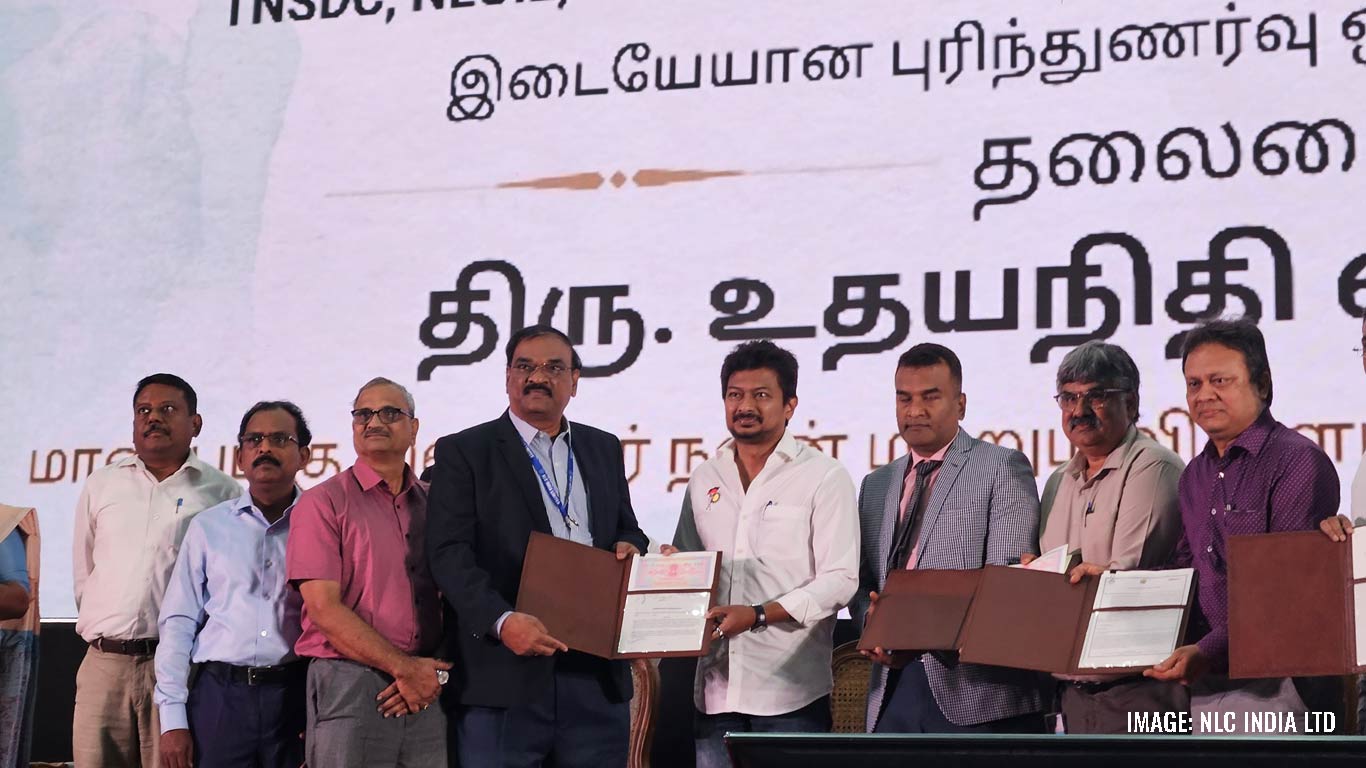
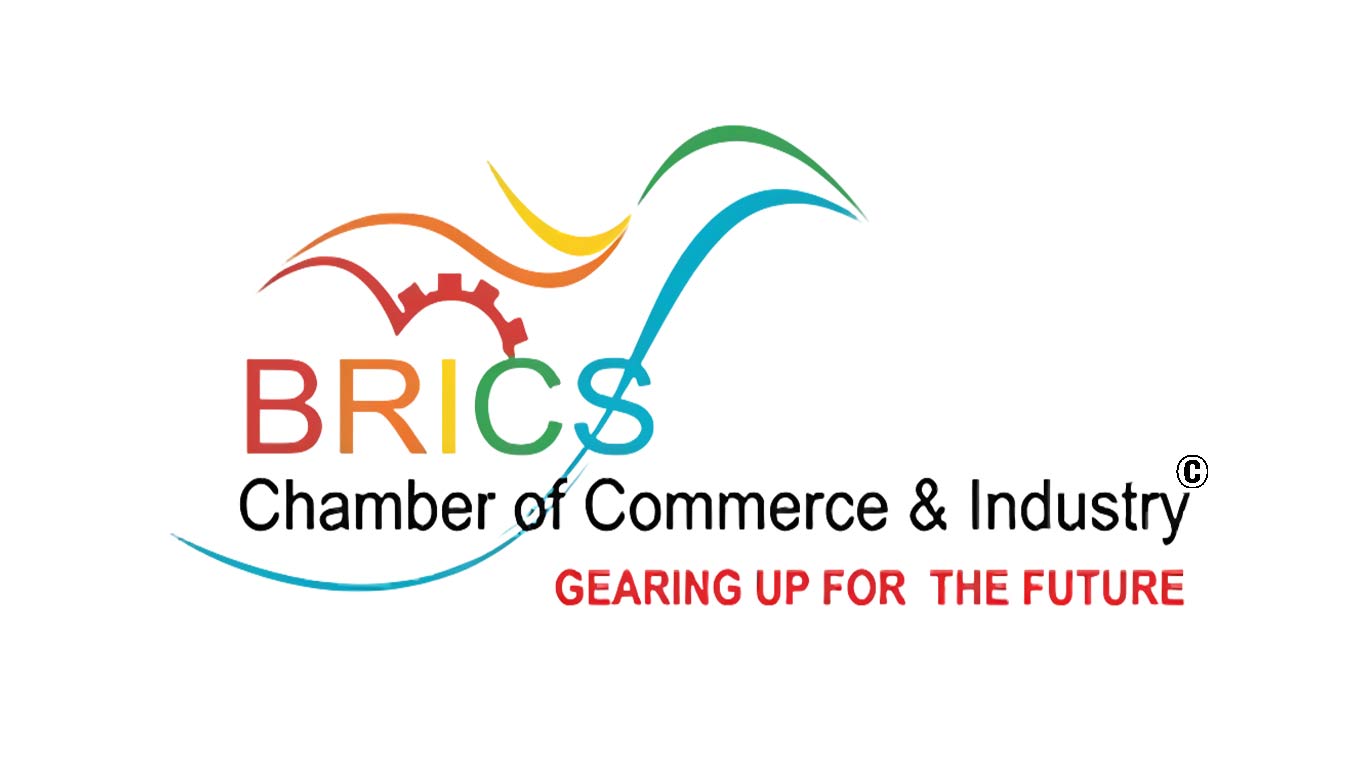
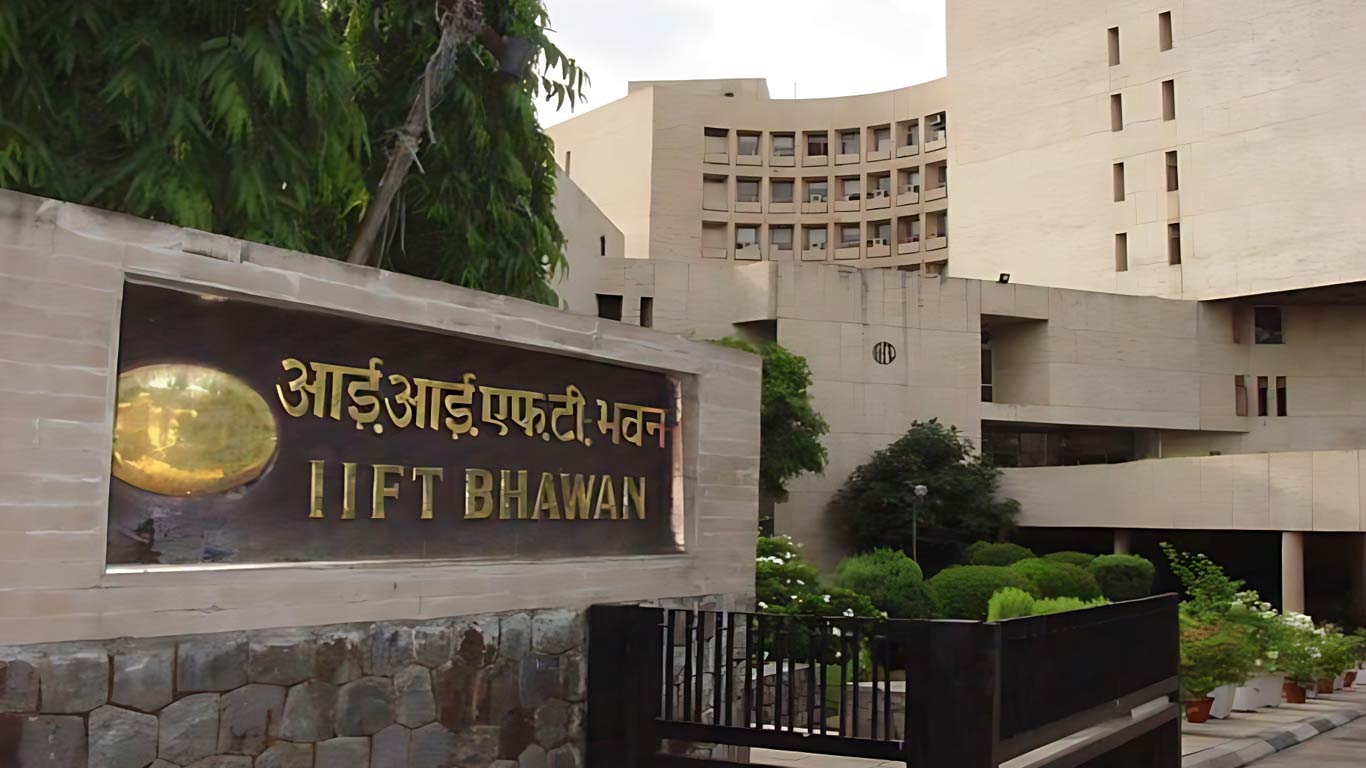
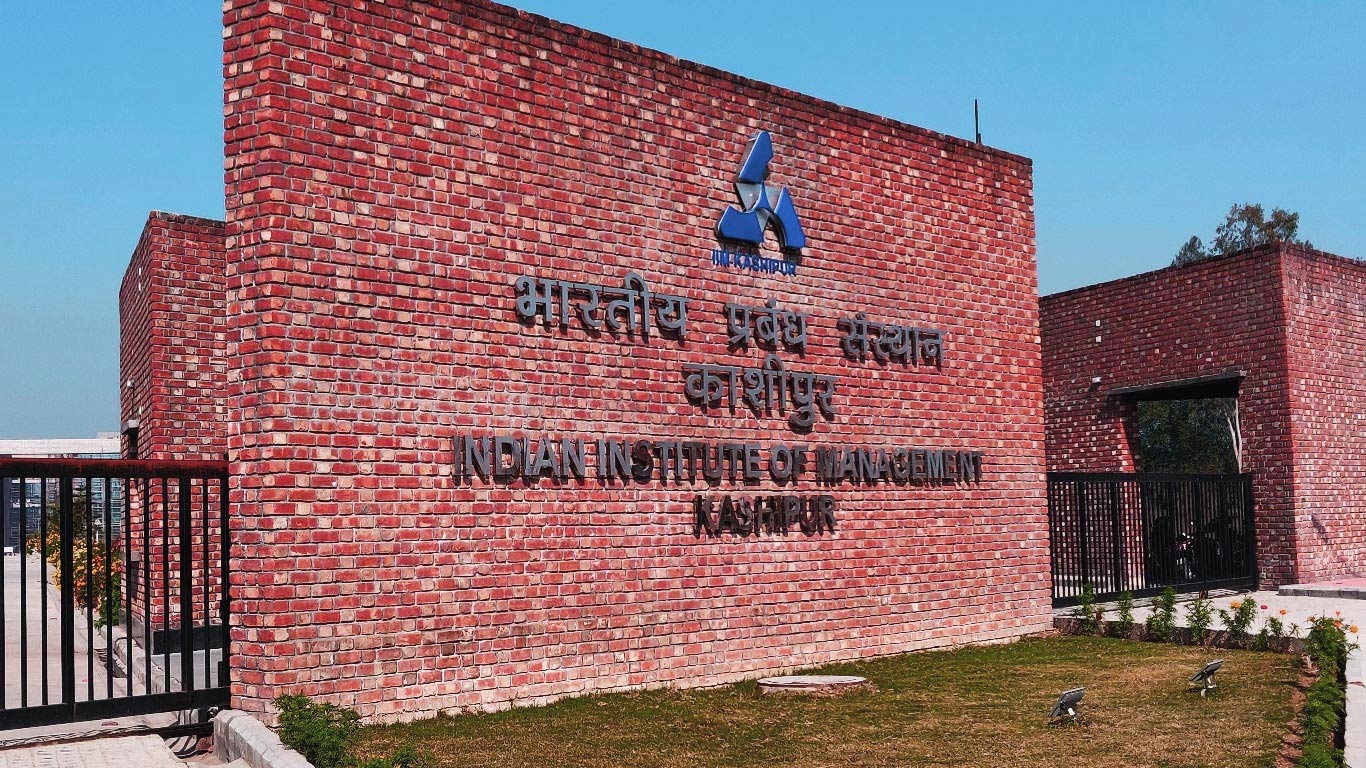





